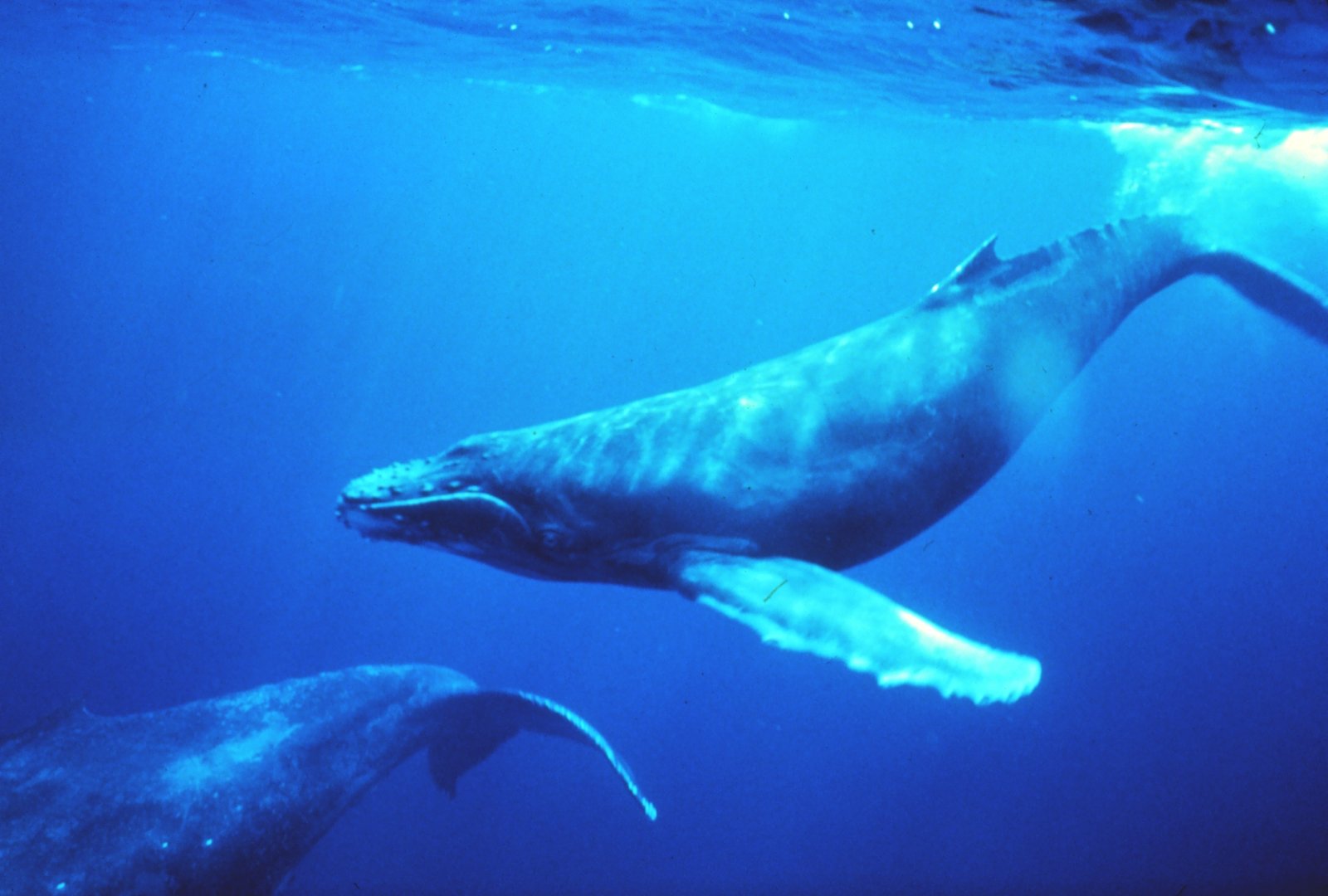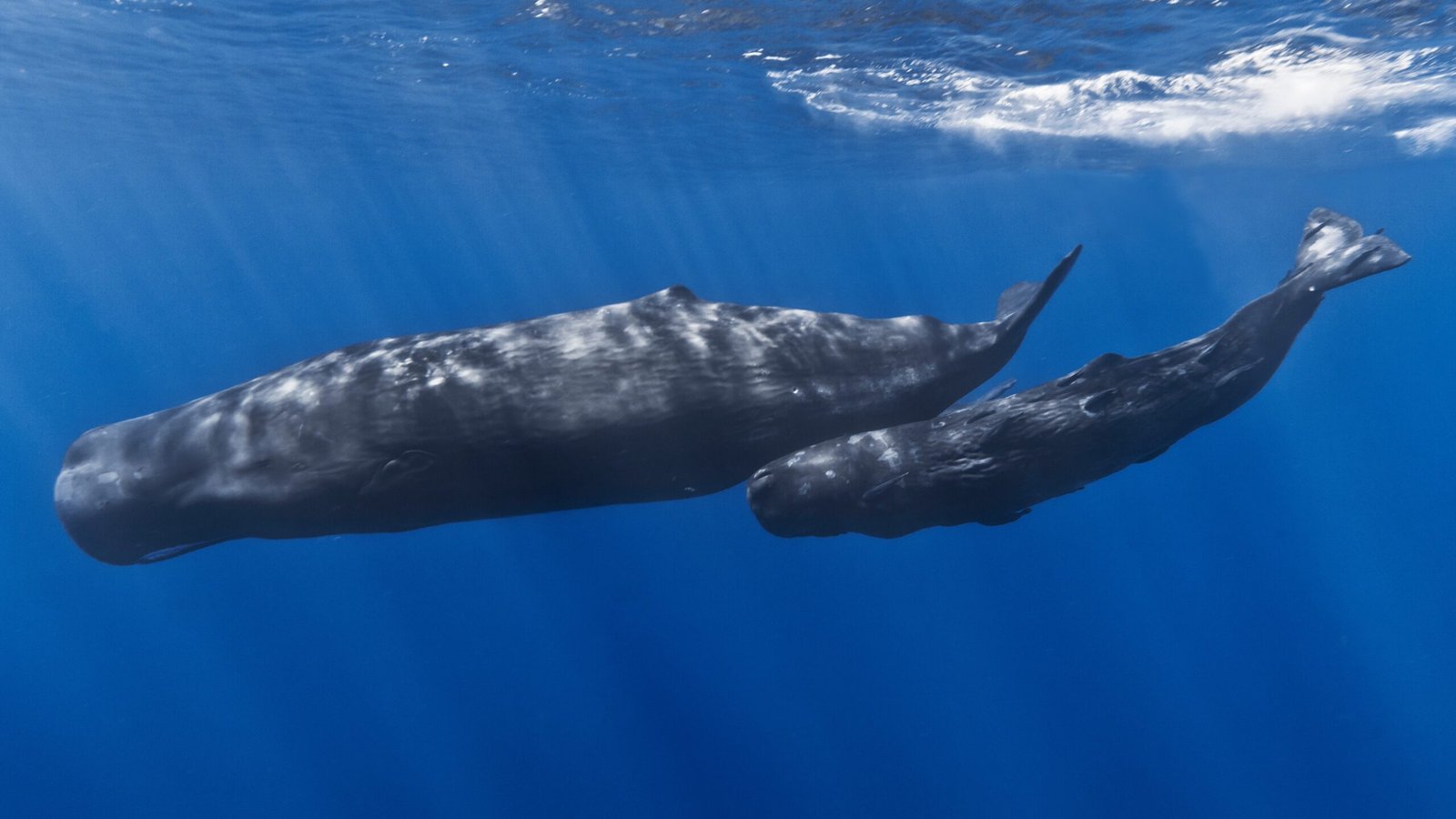Imagine plunging into the vast blue ocean, where the only sounds you hear are haunting melodies echoing for miles. Now picture those songs not just as random noises, but as complex, evolving dialects—each unique to a particular pod, each carrying secrets of identity, connection, and even revolution. Whales, the gentle giants of the sea, don’t just sing; they communicate with a linguistic flair that rivals our own. Their songs change, adapt, and sometimes even sweep across oceans like a musical wave. This is not just fascinating—it’s a glimpse into the hidden world of whale culture, a world more sophisticated and dynamic than most people have ever imagined.
The Mysterious Language of Whales
Whale songs have baffled and enchanted scientists ever since the first underwater recordings stunned the world decades ago. These aren’t mere grunts or clicks; they are long, patterned sequences of moans, cries, and chirps that can last for hours. Each note and phrase has a specific place in the song, strung together in a mesmerizing composition. Researchers have discovered that these vocalizations serve purposes far beyond what we once believed, from attracting mates to strengthening bonds within a pod. The sheer complexity of these songs hints at an intelligence and social structure that challenges our understanding of animal communication.
Regional Accents: Not Just a Human Trait
Just as people from New York, London, or Sydney have distinctive ways of speaking, whales too have regional accents. Scientists have documented that populations of the same whale species—like humpbacks or orcas—develop unique song patterns and dialects based on where they live. These differences can be as subtle as a shift in pitch or as dramatic as entirely new phrases woven into the song. Listening to recordings from different oceans, it’s possible to tell where a whale is from, much like recognizing a Texas drawl or a Scottish brogue. This regional variation is a striking sign that whale culture is as rich and diverse as our own.
How Whales Learn Their Songs

Baby whales, or calves, are not born knowing the songs of their kind. Instead, they learn by listening attentively to the adults around them, just like human children pick up language from their parents and community. This process is called vocal learning, and it’s surprisingly rare in the animal kingdom. Whales practice, mimic, and eventually master their local dialect, ensuring that the unique song of their group is passed down through generations. The fact that these songs are learned, not hardwired, means that whales have the ability to adapt, innovate, and even improvise within their musical traditions.
The Science Behind Song Changes

One of the most captivating aspects of whale song is its ability to change—sometimes slowly, sometimes almost overnight. Researchers have observed that entire whale populations can adopt new song patterns within just a few years. This change often starts when a few individuals introduce a novel phrase or variation, which then spreads rapidly as others imitate and incorporate it. It’s like a catchy tune going viral, with the whole ocean joining in. The reasons for these changes are still under study, but they may be driven by a desire to stand out during mating season or to strengthen group identity.
Examples of Whale Song Revolutions

Perhaps the most dramatic example of song change comes from the South Pacific humpback whales. In the late 1990s, scientists were amazed to discover that a brand-new song had swept across thousands of miles, replacing the old tune almost completely. It began with a small group of males who started singing a new melody, which quickly caught on as whales migrated and mingled. Within two years, the entire population was singing in unison, proving that whales are not only capable of learning new songs but also of orchestrating a cultural revolution on a scale rarely seen in nature.
Why Do Whales Change Their Songs?
The reasons behind these shifting songs are as mysterious as they are intriguing. Some scientists believe that changing songs help male whales attract more attention from females, a bit like a singer coming out with a hit new album. Others think it might prevent boredom among the whales or help them distinguish one group from another. There is even speculation that song changes could be a way to show off intelligence and creativity—a signal of fitness and social status. Whatever the motivation, the fact remains: whale songs are not static, and their evolution is a testament to the animals’ adaptability and inventiveness.
What Regional Accents Sound Like
Listening to recordings of whale songs from different parts of the world is like tuning into a global radio station, each channel offering a distinct flavor. For example, orcas in the North Pacific have calls and whistles that are entirely different from those of their cousins in the Southern Ocean. Humpback songs off the coast of Hawaii may share some elements with those in Australia, but they also have unique riffs and rhythms. Scientists use spectrograms—visual representations of sound—to analyze these differences, revealing patterns that are as distinctive as fingerprints.
Implications for Whale Conservation
Understanding whale songs and their regional variations has profound implications for conservation. These vocalizations are not just beautiful; they are vital for whale survival, helping individuals find mates, coordinate movements, and avoid predators. Human activities such as shipping noise, sonar, and underwater drilling can interfere with these songs, causing confusion and even driving whales away from their habitats. By decoding whale communication, researchers can advocate for quieter oceans and better protection for these extraordinary animals, ensuring that their songs continue to resonate for generations to come.
Whale Songs and Human Connection
There is something deeply moving about the idea that whales sing to each other across vast distances, sharing melodies that echo through the deep. Their songs remind us of our own need for connection, creativity, and cultural identity. When we listen to whale songs, we hear not just the voice of another species, but a reflection of our own longing to be understood and remembered. As one researcher put it, “To hear whales is to realize that we are not alone in our capacity for culture and change.”
What the Future Holds for Whale Communication
As technology advances, scientists are gaining new insights into the world of whale communication. Drones, underwater microphones, and artificial intelligence are helping researchers map the spread of songs, decipher dialects, and even predict how whale cultures might evolve in the coming decades. There is hope that, by learning more about whales’ social lives, we can better protect them and perhaps even forge a deeper connection between our world and theirs. The ocean may be vast and mysterious, but every whale song brings us a little closer to understanding its secrets.



